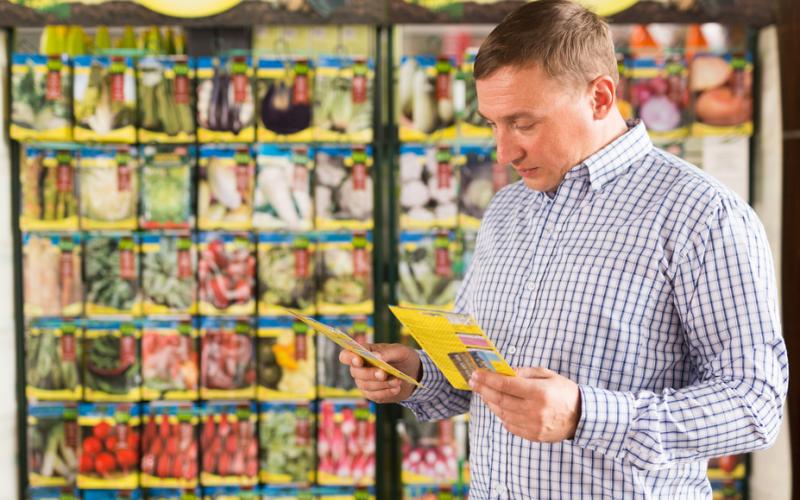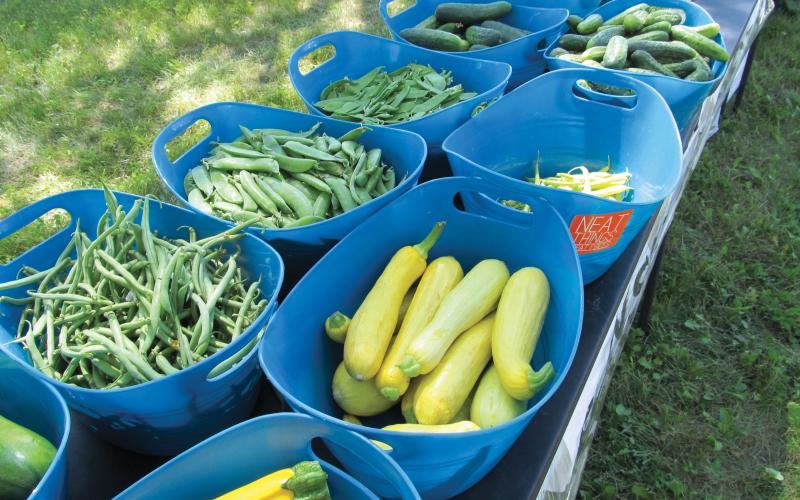Written by Sierra Blachford under the direction and review of Chris Zdorovtsov, former SDSU Extension Community Vitality Field Specialist; and Kari O’Neill, former SDSU Extension Community Vitality Program Manager.
About Food Hubs
Small-scale producers often find themselves with too little time to produce and direct market their locally grown products. Food hubs provide another marketing option to producers who do not have time to participate in a farmers market or other direct marketing venues.
Research has indicated that consumers are willing to pay a premium if they know about the origins of local and regional food. However, finding access to distribution into mainstream markets is challenging for local, small-scale producers. Food hubs can help overcome this challenge.
What is a food hub?
According to the USDA, “A regional food hub is a business or organization that actively manages the aggregation, distribution and marketing of source-identified food products primarily from local and regional producers to strengthen their ability to satisfy wholesale, retail and institutional demand.”
The functions and structure of a food hub vary, but generally include the following:
- Market access for local producers
- Information sharing
- Transportations and distribution
- Brokerage services
- Product bundling and aggregation
- Season extension
- Maintaining producer-consumer connections
- Producer-oriented technical assistance
Do food hubs replace farmers markets?
No, food hubs do not replace farmers markets. Farmers markets still provided a unique opportunity for producers to have direct contact with their customers. Food hubs are beneficial for producers who do not have the time or personal interest to sell at farmers markets. The chance to participate in a food hub connects the producers to new market opportunities. Food hubs create a missing link in community food systems.
Where can I get more information?
The future of food hubs is exciting – the success should not be measured solely in terms of total volume of product moved. It should also be valued in terms of the places and people who benefit from the food hub’s existence.
References:
- Bell, Randy. (2012, March 5). Food hubs link producers to new markets. Michigan State University Extension. Retrieved November 12, 2013.
- Barham, James, Debra Tropp, Kathleen Enterline, Jeff Farbman, John Fisk, and Stacia Kiraly. (2012, April). Regional Food Hub Resource Guide. U.S. Dept. of Agriculture, Agricultural Marketing Service. Retrieved November 12, 2013.


